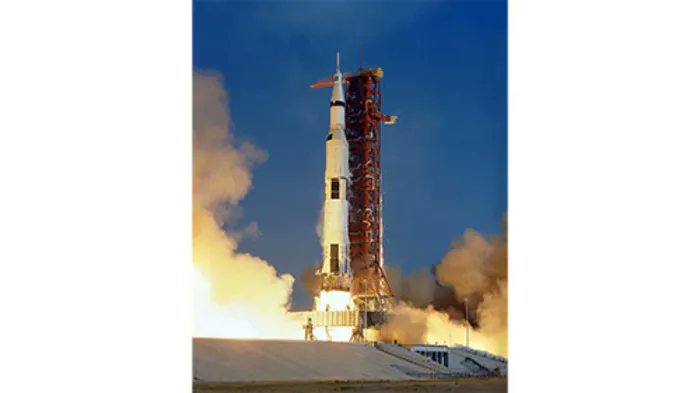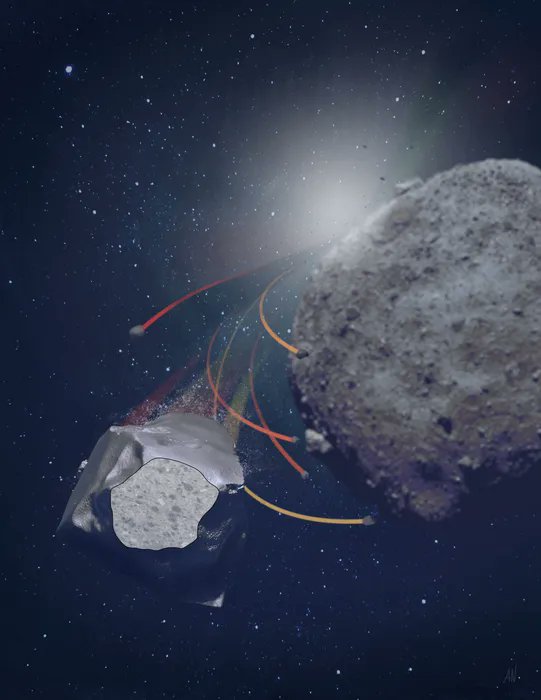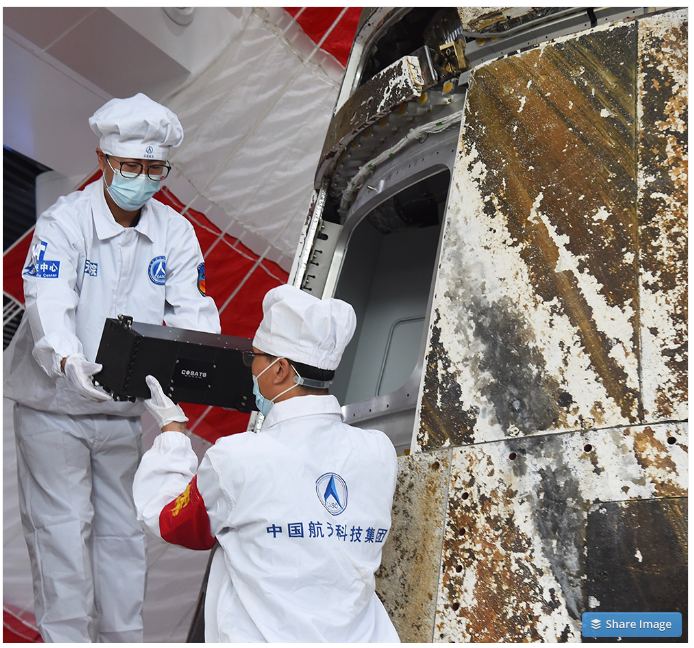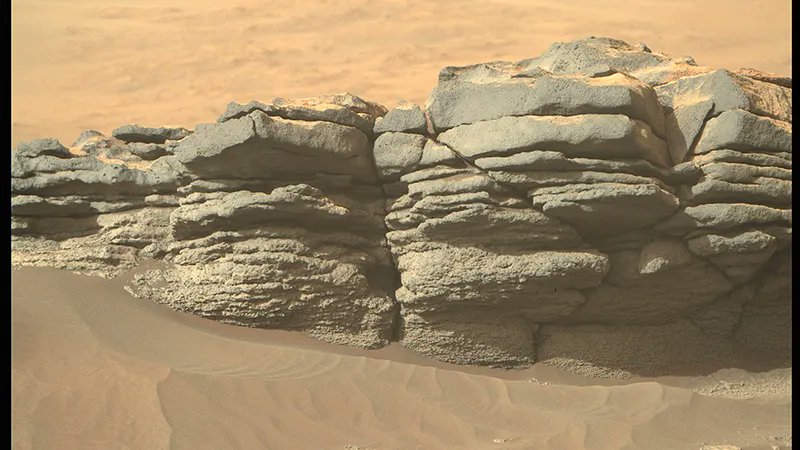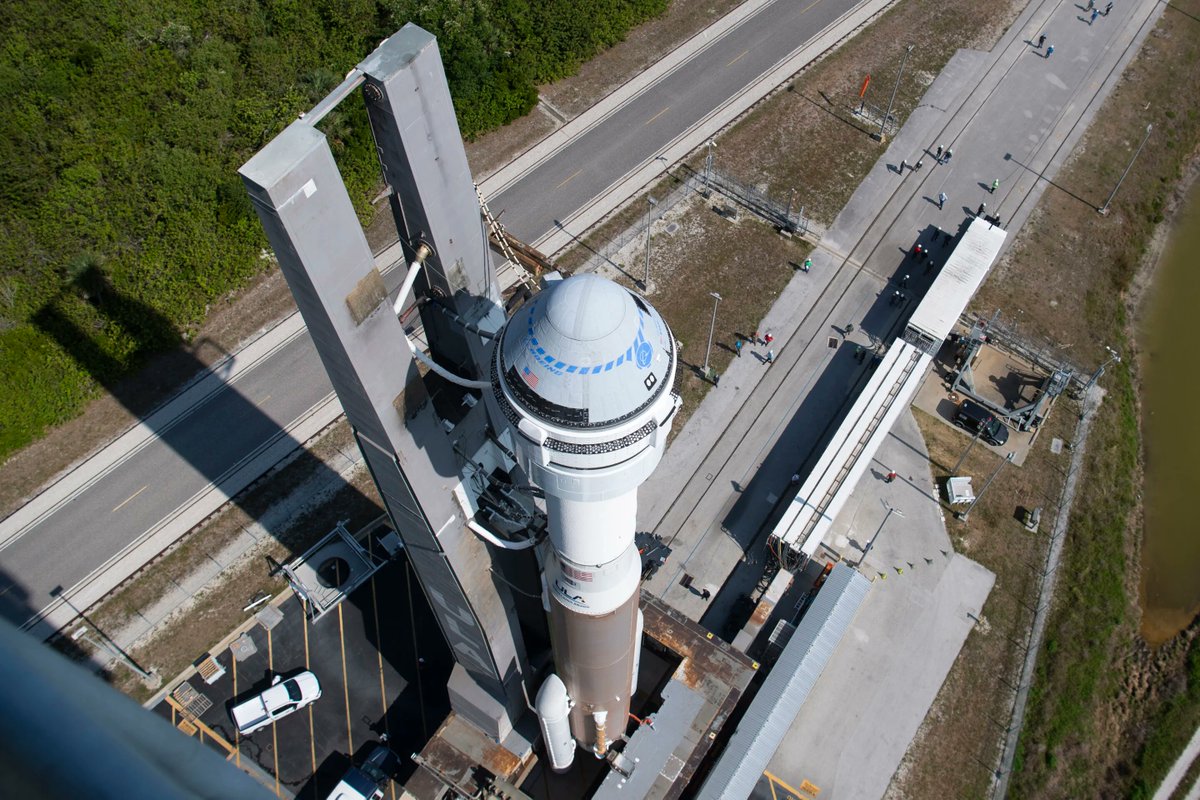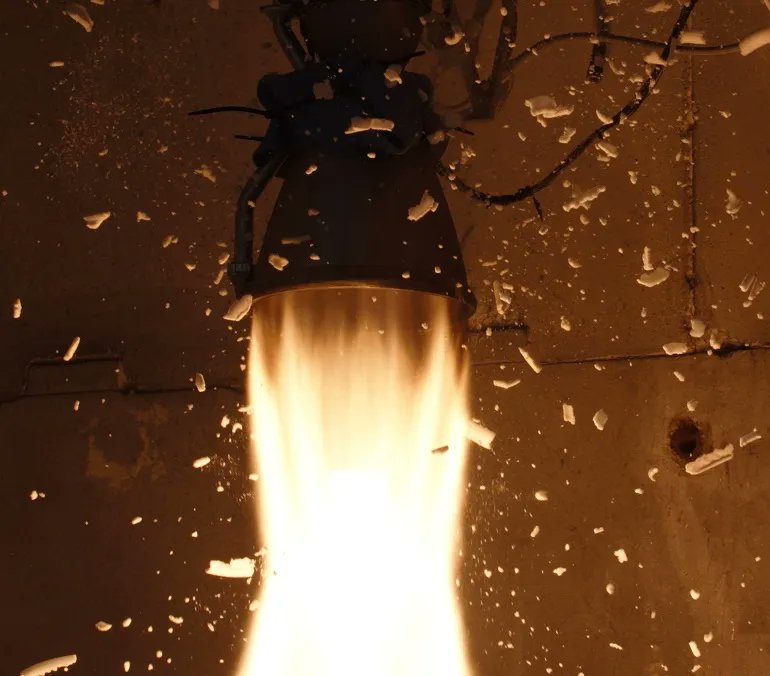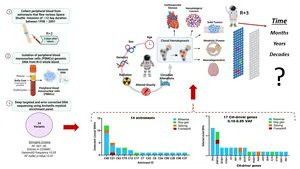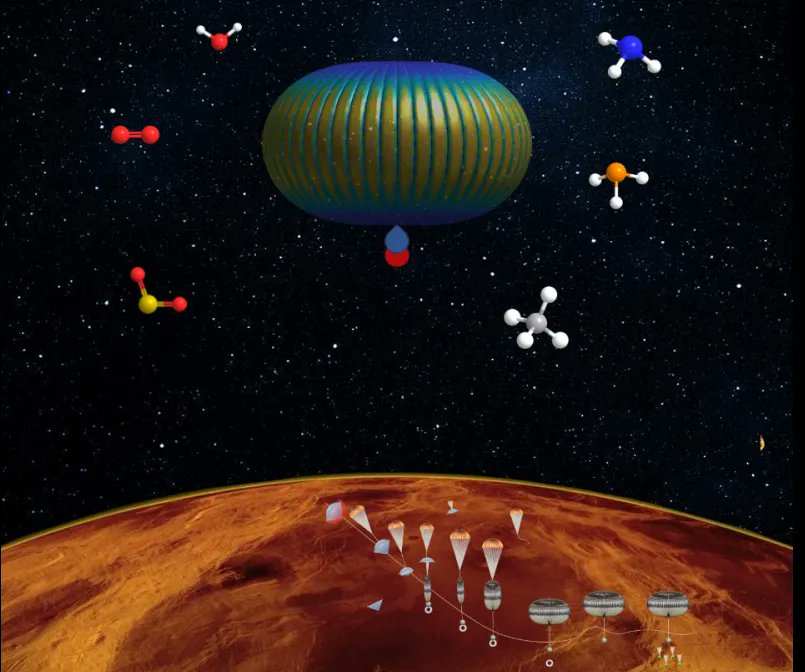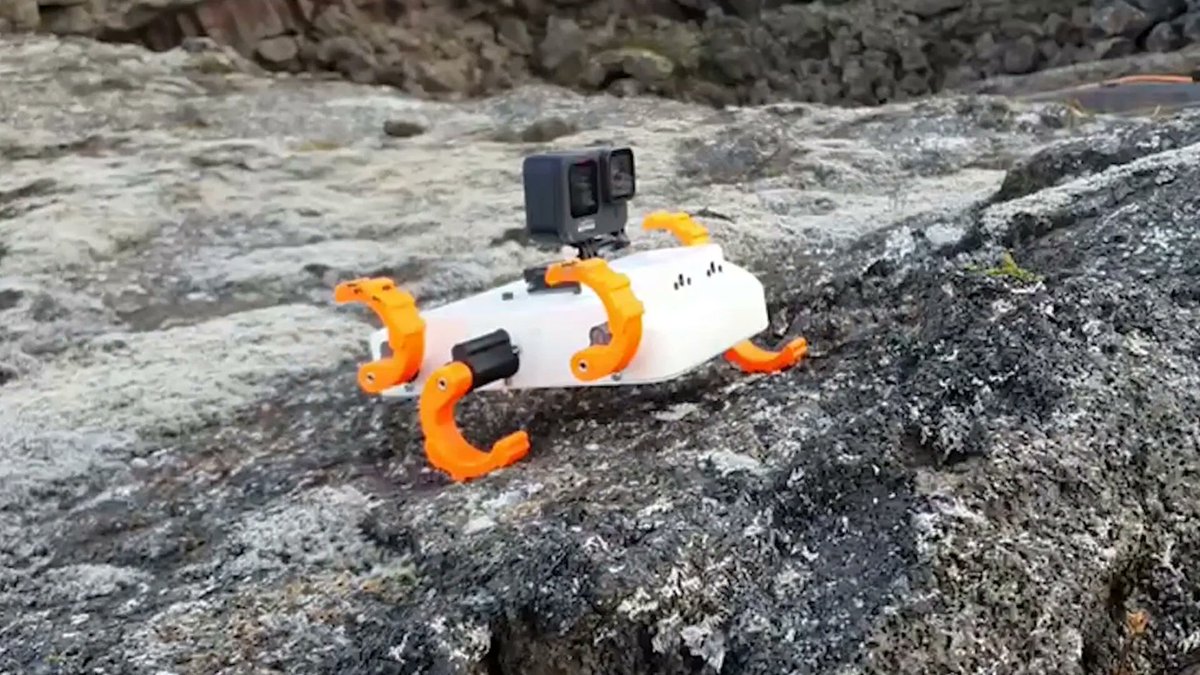What’s the loudest sound you’ve ever heard? Many people will say an aircraft engine unless they are lucky enough to have attended a rocket launch. And if there was one rocket that was louder than them all, it was the Saturn V, the behemoth that blasted the Apollo astronauts to the moon. But just how loud was it?
Continue reading “The Saturn V was Incomprehensibly Loud. Like Thousands of jet Aircraft Taking off Together”Asteroids are Constantly Spitting out Pebbles
Asteroids are commonly thought of as solid balls of rock and metal – a place where Bruce Willis can land and stick a nuke into the middle of it. But as we learn more about them, it is becoming more evident that many asteroids are just piles of rubble held loosely together by gravity. So it might not be too big of a surprise when some of those pieces of rubble fly off of the asteroid itself. But it surprised scientists who first observed the phenomena on the asteroid Bennu when OSIRIS-REx visited it in 2019. Now a team led by researchers at the field museum found a meteorite that shows signs it underwent the same process.
Continue reading “Asteroids are Constantly Spitting out Pebbles”Chinese Astronauts Successfully Grow Rice in Space
Rice is one of the world’s staple crops. It is regularly eaten by more than half the world’s population. And now, it’s been grown in microgravity, on board the newly launched Chinese Wentian space laboratory.
Wentian launched in July and joined up with the Tianhe module of China’s new space station. Its original complement of eight experiments included one that attempted to grow rice in microgravity.
Continue reading “Chinese Astronauts Successfully Grow Rice in Space”Some Sand on Mars is Green, Showing That it was Once wet
Green sand might sound like a strange thing to find on the Red Planet, but that is exactly what a new paper from researchers led by a team at Purdue found in images from Perseverance.
Continue reading “Some Sand on Mars is Green, Showing That it was Once wet”Starliner Needs Even More Fixes, and Probably won’t Carry Astronauts Until 2023
Private spaceflight is taking off, though some are going faster than others. As SpaceX preps for its sixth crewed launch on a NASA contract, their rival Boeing has announced that they will be delaying the first crewed flight of their Starliner spacecraft until February 2023.
Continue reading “Starliner Needs Even More Fixes, and Probably won’t Carry Astronauts Until 2023”Rocketlab Sent This Engine to Space and Then Retrieved it. A new Test Shows it’s Still Working Fine
Reusable rocket engines have become all the rage lately, even as NASA’s continually delayed Artemis I mission attempts to launch with non-reusable technology. Realistically the only way to significantly lower launch costs is to reuse the engines rather than build them from scratch every time. Which is why every fan of space exploration should rejoice that another small start-up company, RocketLab, has successfully retested a rocket that has flown in space.
Continue reading “Rocketlab Sent This Engine to Space and Then Retrieved it. A new Test Shows it’s Still Working Fine”How Long do Good Landing Sites Last on Comets?
Sometimes, space probes that have long since ceased sending back data can still usher in new discoveries. That was the case recently when scientists used data from Rosetta, a probe that eventually crashed into comet 67P/Churyumov-Gerasimenko in 2016, to understand what changes occur on a comet’s surface as it continues its spin around the Sun.
Continue reading “How Long do Good Landing Sites Last on Comets?”Even Short Flights to Space Cause Cell Mutations That Could Lead to Cancer and Heart Disease
Spaceflight can be dangerous – and not just because astronauts are strapped to an ongoing massive explosion for their ascent into orbit. Its long-term effects on the human body are starting to come more clearly into focus, and so far, none of the answers have been good. Now a new study from Mount Sinai Medical Hospital has found that, even on relatively short duration spaceflights, astronauts suffer potentially damaging DNS mutations.
Continue reading “Even Short Flights to Space Cause Cell Mutations That Could Lead to Cancer and Heart Disease”What Would it Take to Find Life on Venus?
Life on Venus, or the possibility thereof, has been a hot topic as of late. There’s also been plenty of controversies, including the (still disputed) discovery of phosphine, a potential biomarker in the atmosphere. The best way to lay that controversy to rest would be to go there and actually take samples, which at the very least, would help constrain the existence of life in Venus’ cloud layers. And a wide-ranging team from academia and industry hopes to do just that.
Continue reading “What Would it Take to Find Life on Venus?”Using “C-Shaped Wheels,” This Rover can Climb Over More Challenging Lunar Terrain
Student teams are an underappreciated resource in much of the scientific community. Joining a team working toward a goal while at university, whether for racing solar-powered cars or digging fish ponds in Africa, is an excellent way to sharpen technical and project skills while improving communication and teamwork. The space industry is starting to catch on to these strengths, with student teams developing exciting projects all over the world. A recent entry comes from students at the Delft University of Technology in the Netherlands – a six-legged robot called Lunar Zebro with a unique take on wheels.
Continue reading “Using “C-Shaped Wheels,” This Rover can Climb Over More Challenging Lunar Terrain”
